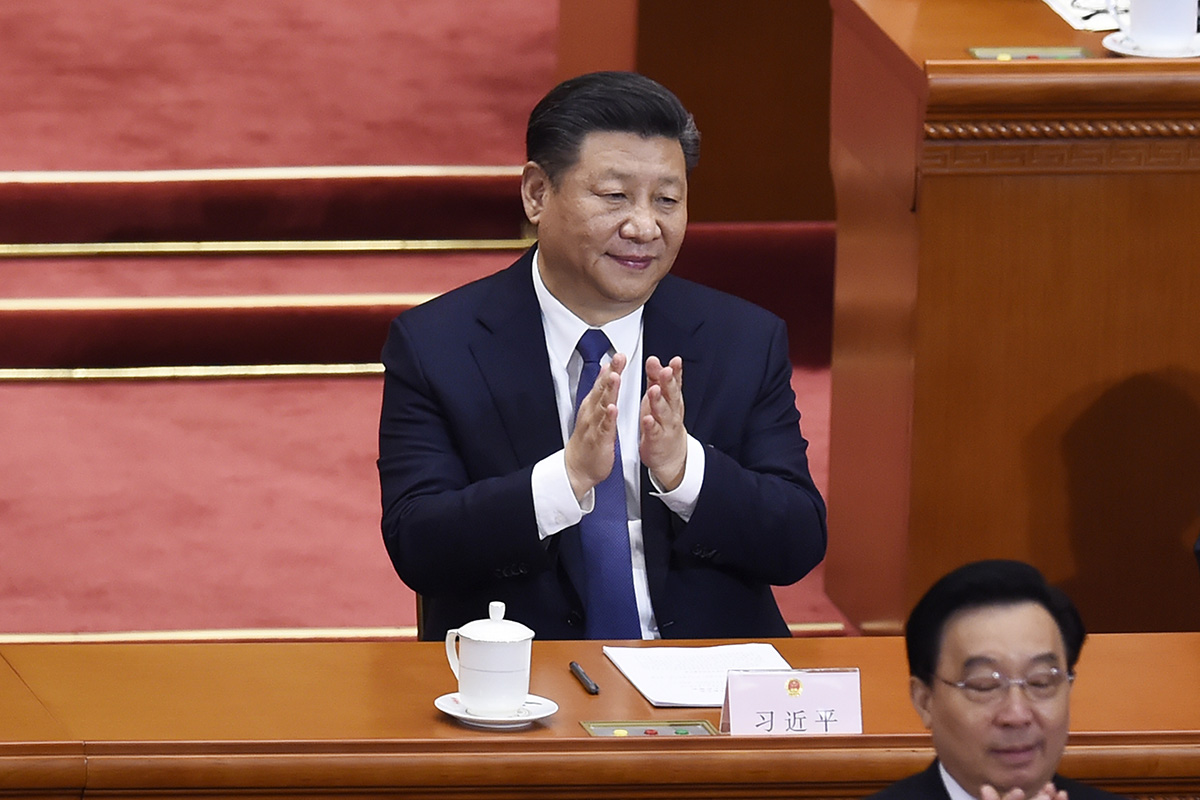Earlier this month, China’s National People’s Congress voted to abolish the presidential term limit, effectively allowing President Xi Jinping to rule indefinitely over the world’s most populous country.
Previously, under the Chinese constitution, Xi Jinping would have been required to leave office after two five-year term limits. Under the new amended constitution, Xi Jinping would most likely become the longest-serving president of China.
The Chinese Communist Party is the only ruling party in China and has been since the party gained power in 1949. The legislation abolishing presidential term limits was voted through the National People’s Congress who many have regarded as the rubber stamp for decisions already made by the state’s executive organs such as the Politburo of the Communist Party of China.
In 1981, then president Deng Xiaoping announced that the Communist Party needed to “…put an end to the virtually lifelong tenure of leading cadres and change the over-concentration of power.” The following year, the constitution introduced term limits to the presidency.
Xi Jinping’s move to abolish term limits is symbolic of his approach to politics. Considered as one of China’s strongest leader, Xi Jinping’s leadership has progressively departed from the approach of “collective leadership” that the Communist Party used to practice. Previously, the president was seen as the collective voice of the Standing Committee of the Central Politburo of the party. The Standing Committee would usually consist of five to nine people and would act as the decision-making body for policies. Last year, he omitted the words “…the firm maintenance of the collective leadership system,” from a party communique. That particular sentence had been in many previous communiques from the central committee.

Due to the nature of his presidency since 2013, many aren’t surprised by this move by Xi Jinping to consolidate power. Ever since he ascended into power, Xi Jinping has made strong statements outlining his vision and agenda for China. Among them include a campaign against corruption, strengthening the military and improving the country’s economy. The New York Time’s Chris Buckley noted last year that “…the Chinese economy, state and military are much more powerful now than they were under Mao, or even under Deng, which gives Mr. Xi far more global influence than his predecessors.”
With term limits abolished, this allows Xi Jinping more time to see his vision play out. One of his biggest and most ambitious projects is the Belt and Road Initiative, an infrastructure project that is estimated to cost US$900 trillion and involve 65 countries.
While the BRI may be seen as a project to increase geopolitical influence in the region, Chinese investment has played a vital role in fuelling infrastructure building in the region. Among their investments in the region include the US$13.1 billion East Coast Rail Link in Malaysia. According to Bloomberg, China is backing a whopping 191 projects in Southeast Asia.
Aside from that, Oh Ei Sun, a senior advisor for think tank Asian Strategy & Leadership Institute mentioned in South China Morning Post that Southeast Asian countries depending on China for their exports would look to Xi Jinping to continue championing free trade, especially in the face of the growing protectionism promoted by United States President Donald Trump.
Meanwhile, analysts have pointed out that with the removal of his term limit, we could see a more assertive China in the global sphere. What this means for Southeast Asia is that China will definitely continue to remain in the South China Sea. "He will be much more assertive in claiming Chinese sovereignty over some 90 percent of the South China Sea,” said Willy Iam, an analyst at the Chinese University of Hong Kong.
The question whether Xi Jinping is a dictator or not is pointless at this time as the reality is that he will be here for a long time to come. The question that needs to be asked now is, what good can another 10 years or more with Xi Jinping at the helm of China bring to the rest of the region?
